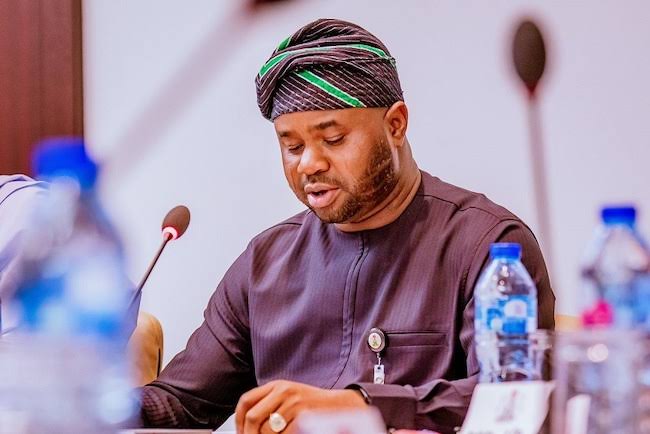The Federal Inland Revenue Service (FIRS) is undergoing a significant transformation, shifting its approach to tax administration from a primarily audit-driven model to one that emphasizes voluntary compliance and leverages technology to create a more transparent and predictable tax system in Nigeria. According to a statement by Collins Omokaro, Special Adviser to the Executive Chairman of the FIRS, the agency is moving away from a system that relies on punitive audits to identify past errors and towards one that proactively encourages taxpayers to “do the right thing by design, rather than by force.”
Executive Chairman Zacch Adedeji is spearheading this strategic shift, which de-emphasizes the role of audits as the primary tool for ensuring compliance. Instead, the FIRS is focusing on strategic interventions that guide taxpayers towards compliance through automation, digital foresight, and the implementation of standardized procedures.
At the heart of this new approach is the deployment of modern technology to support predictive and preventive assurance. These technological innovations are designed to identify potential risks before they materialize, improve operational efficiency across the board, and provide real-time support to both taxpayers and FIRS staff. By embracing technology and focusing on voluntary compliance, the FIRS aims to create a more efficient, transparent, and taxpayer-friendly tax system in Nigeria. The goal is to build a system where compliance is the norm, rather than the exception, fostering a culture of trust and accountability between the FIRS and Nigerian taxpayers.






